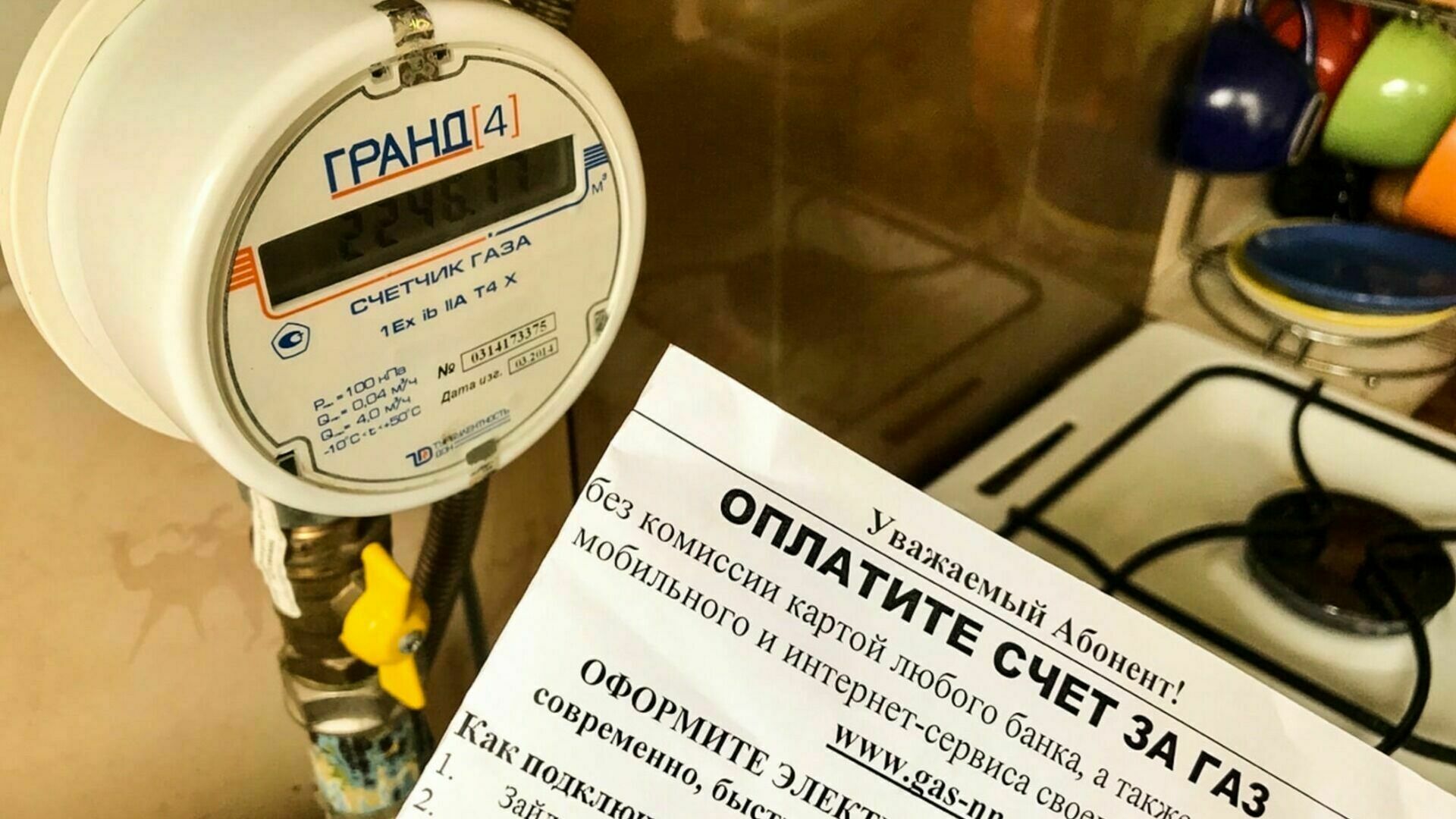Posted 5 апреля 2023, 09:39
Published 5 апреля 2023, 09:39
Modified 5 апреля 2023, 09:46
Updated 5 апреля 2023, 09:46

Europe has won this winter against Russia, but experts doubt that the next one will also be won
As you know, despite the sharp reduction in Russian gas imports, the European Union ended the heating season with record fuel reserves in underground gas storage facilities (UGS) — 60.4 billion cubic meters, Vedomosti reports, citing data from the Association of European Storage Operators Gas Infrastructure Europe on April 1.
Recall that in 2022 there were half as many reserves after the winter period, and in record 2021 there were 1.1 billion cubic meters less, or 2%. The level of UGS occupancy at the end of the 2022/23 heating season was 55.6%, that is, more than half of the total storage volume.
This means that this 2023 Europe will be able to store gas in a much more gentle mode, and focus primarily on its price.
On this occasion, experts make contradictory forecasts. For example, network analyst Anatoly Nesmian writes:
"Last year, the price didn't matter at all - I had to fill it out regardless of anything. That is why it is unlikely to expect strong price fluctuations like last year. Medvedev's forecast about 5 thousand dollars per thousand cubic meters turned out to be a zilch..."
But the analysts of the Gaz-Batyushka channel are not so optimistic, predicting great "gas" torments for Europe in the future:
"The warm winter and LNG imports from various suppliers helped Europe to accumulate gas reserves. We managed without the great and mighty Gazprom and Nord Streams. But the loss of the main and cheap gas source is a problem for the European economy for years. This is the price that Europe will pay for severing energy ties with Russia..."
In part, this forecast is confirmed: German insurers have resumed coverage of the Nord Stream-1 gas pipeline, Reuters writes. Moreover, according to the agency's estimates, "insurance by the two largest German companies Allianz and Munich Re is crucial for any long-term future of the pipeline, which was the main route for Russian gas to Europe for ten years before the explosion last September..."
This insurance clearly contradicts Germany's public position on severing ties with Moscow, but one of the agency's sources said that the German government did not object to the extension of insurance. At the same time, it is reported that most of the other investors in the West have already written off their shares in the SP-1 pipeline.
So the Germans clearly decided to hedge in case of future, perhaps much more severe winters.